
Sharon Hesterlee, PhD, the president and CEO of the Muscular Dystrophy Association, discussed the upcoming conference and the evolving therapeutic landscape in neuromuscular disease.

Sharon Hesterlee, PhD, the president and CEO of the Muscular Dystrophy Association, discussed the upcoming conference and the evolving therapeutic landscape in neuromuscular disease.
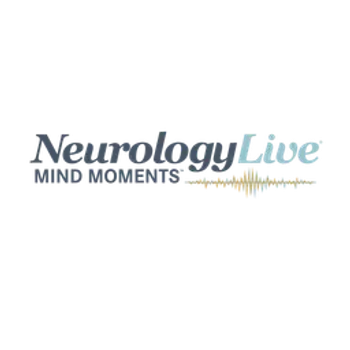
Mind Moments, a podcast from our sister site Neurology Live, held an exclusive interview with Barry Byrne, MD, PhD.
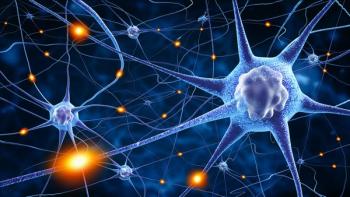
AAV2-BDNF gene therapy shows promise in preventing neuronal loss and cognitive decline in early Alzheimer disease, according to trial results.

Mind Moments®, a podcast from our sister site NeurologyLive®, held an exclusive interview with Rajesh Pahwa, MD.
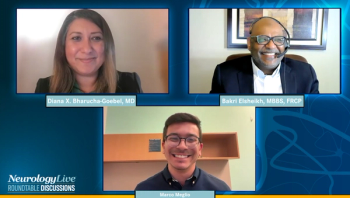
The clinical neurophysiologist at Children’s National and the professor of neurology at The Ohio State University Wexner Medical Center discussed treatment considerations for patients already living with SMA.

The clinical neurophysiologist at Children’s National and the professor of neurology at The Ohio State University Wexner Medical Center discussed treatment decisions in newly diagnosed SMA.

The clinical neurophysiologist at Children’s National and the professor of neurology at The Ohio State University Wexner Medical Center discussed the evolving SMA treatment landscape.
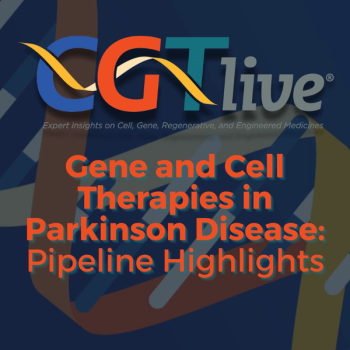
Emerging gene and cell therapies aim to slow Parkinson disease progression. Explore clinical updates on seven promising candidates in development.
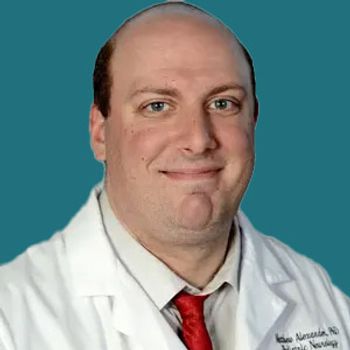
Matthew Alexander, PhD, a neuromuscular expert, discussed the evolving landscape of targeted therapies in muscular dystrophies, from fibrosis and glycosylation to combination strategies with gene therapy.
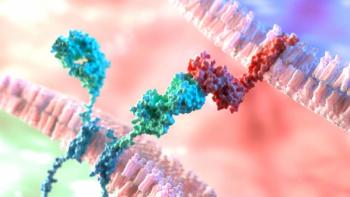
During the 12-month study, Descartes-08 was deemed well-tolerated.


Matthew Wicklund, MD, a professor of neurology at the University of Texas Health Science Center San Antonio, discussed the genetic basis of oculopharyngeal muscular dystrophy, as well as the primary challenges in diagnosing and treating the condition.
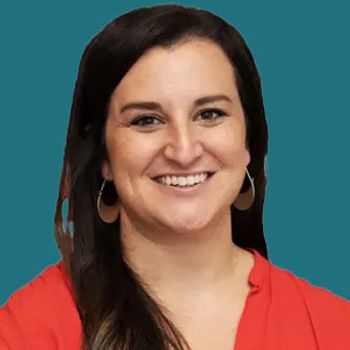
Cassandra Gorsuch, PhD, chief scientific officer at Precision Biosciences, discussed the company’s ARCUS gene editing platform, which is being assessed for Duchenne muscular dystrophy.
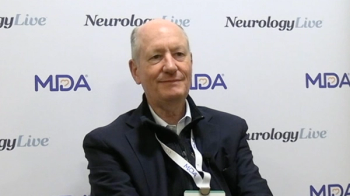
The professor of neurology at the University of Texas Health Science Center San Antonio discussed discussed challenges of therapeutic development for OPMD.

The professor of neurology at the University of Texas Health Science Center San Antonio discussed the genetic basis of oculopharyngeal muscular dystrophy, as well as the primary challenges in diagnosing and treating the condition.
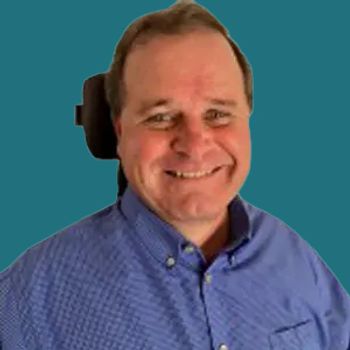
Donovan Decker, recipient of the 2025 MDA Legacy Award for Community Impact and Research, discussed his powerful journey as a patient advocate and gene therapy pioneer, shedding light on challenges and progress in LGMD.
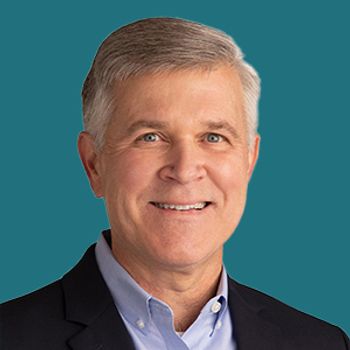
Michael Flanagan, PhD, the chief scientific officer at Avidity, discussed the function and mechanism of the investigational antisense treatment, which is in development for DMD amenable to exon 44 skipping.
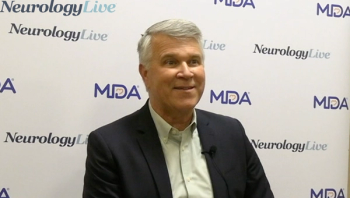
The chief scientific officer at Avidity Biosciences discussed the function and mechanism of the investigational antisense treatment, which is in development for DMD amenable to exon 44 skipping.
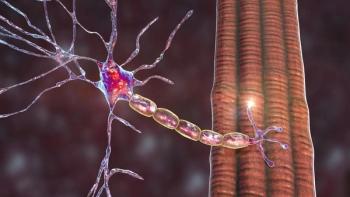
The findings were presented at the 2025 Muscular Dystrophy Association Clinical & Scientific Conference
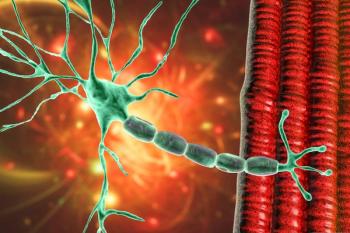
Adverse events related to the gene therapy itself were mild or moderate, with most occurring in the first 90 days posttreatment.

John Brandsema, MD, a pediatric neurologist in the Division of Neurology at Children’s Hospital of Philadelphia, offered insights into the obstacles the clinical community is facing around integrating gene therapies into clinical practice.
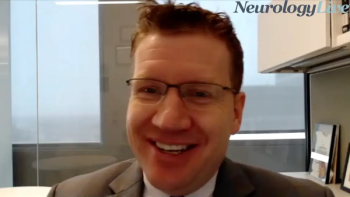
The pediatric neurologist at Children’s Hospital of Philadelphia offered insights into the obstacles the clinical community is facing around integrating gene therapies into clinical practice.

Following up on Rare Disease Day, observed on February 28, Mary Schroth, MD, FAAP, FCCP, chief medical officer at Cure SMA, shared insights on the advances and promise for treating spinal muscular atrophy.

In honor of Rare Disease Day, observed this year on February 28, Amber Freed, the founder of SLC6A1 Connect, shared thoughts on advocacy and efforts to raise awareness for rare genetic disease SLC6A1.

Mind Moments®, a podcast from our sister site NeurologyLive®, held an exclusive interview with Jonathan Parker, MD, PhD.

The noninvasive gene therapy exceeded the 30% efficacy threshold for normalizing GCase activity across all doses.

LX1001's safety profile was characterized as well-tolerated with no amyloid-related imaging abnormalities reported.
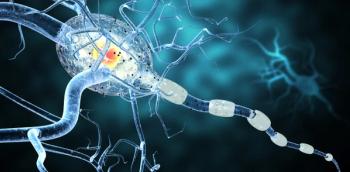
The therapy is being developed for the treatment of patients with progressive MS who have imaging evidence of ongoing inflammatory tissue injury and who are HLA-DRB1*15:01 positive.

In the phase 3 EMBARK trial, treatment with SRP-9001 improved secondary outcomes of time to rise, microdystrophin expression, and 10-meter walk/run.

Avidity is currently enrolling in the phase 3 HARBOR trial, which it expects to initiate in the second quarter of 2024.
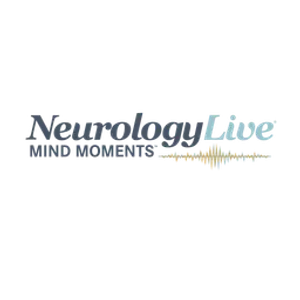
Published: June 18th 2025 | Updated:
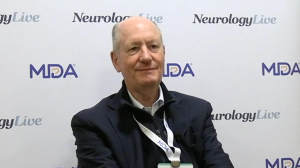
Published: April 13th 2025 | Updated:

Published: February 28th 2025 | Updated:

Published: September 7th 2025 | Updated:
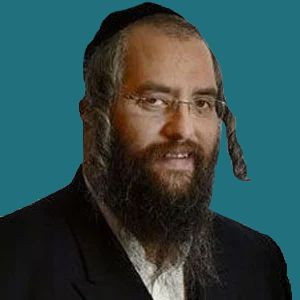
Published: March 28th 2023 | Updated:
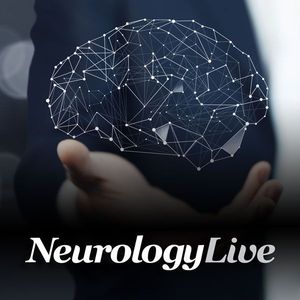
Published: January 30th 2021 | Updated: